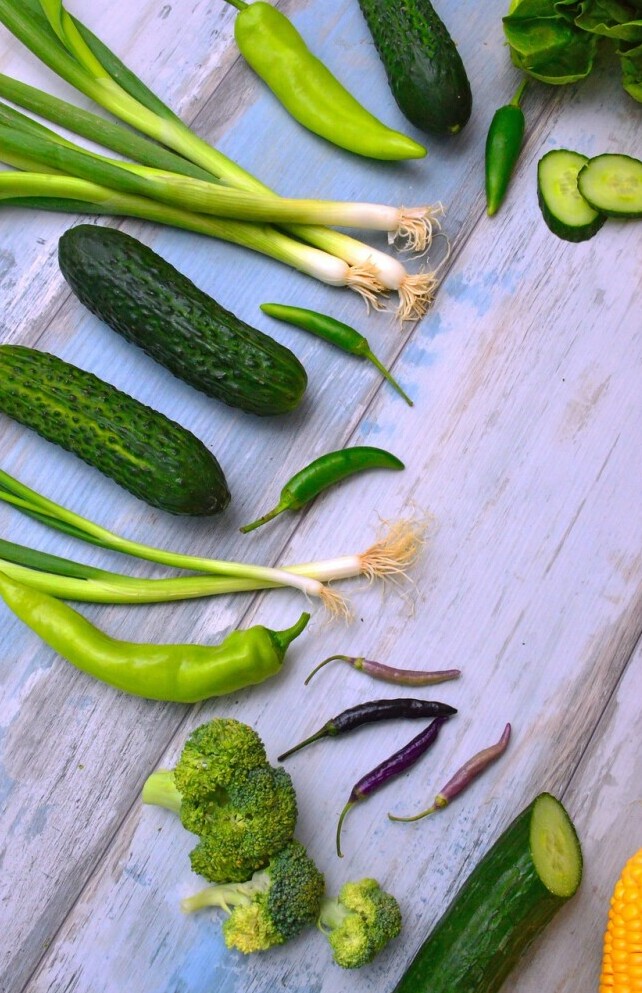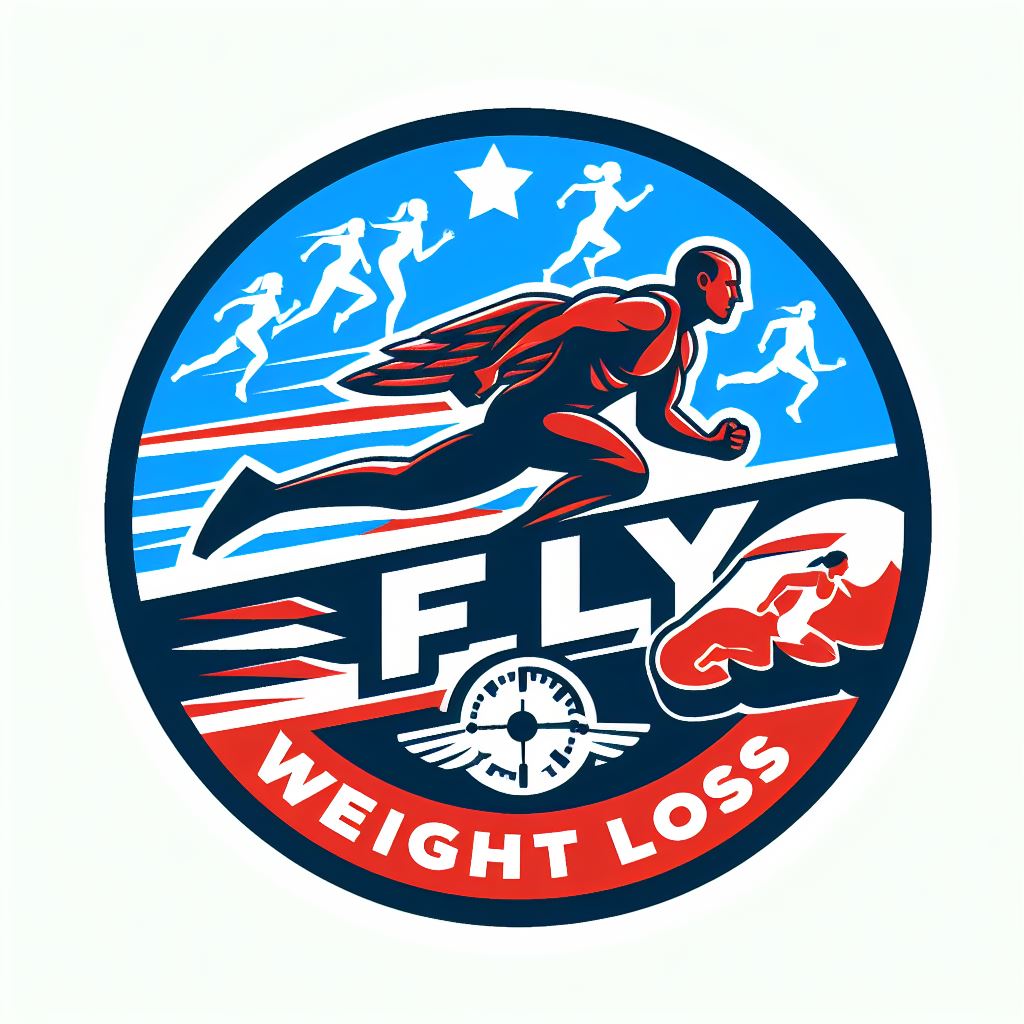Quick weight loss sounds amazing, doesn’t it? Everyone wants a fast ticket to their ideal body, but the reality can be pretty different. There’s a boatload of misinformation out there, and separating fact from fiction is key.
First off, let’s debunk the myth that you can shed pounds super fast and keep them off with crash diets. These tend to promise dramatic results by severely cutting down your calorie intake. The problem is, they often don’t provide enough nutrients, and you lose more than just fat—you lose muscle too. Plus, once you go off the diet, the weight usually piles back on.
Sustainable weight loss, on the other hand, balances speed with safety. It’s not just about dropping numbers on the scale but doing it in a way that you can maintain. You want a strategy that helps you lose fat, keep muscle, and stay energized.

The physical and psychological impacts of quick weight loss can be intense. Rapid weight loss can sometimes lead to gallstones, dehydration, and electrolyte imbalance. Mentally, it can also mess with your head. You might find yourself constantly thinking about food or feeling irritable and tired. Long-term success involves understanding these potential pitfalls and approaching weight loss with eyes wide open.
So, fast isn’t always better. By knowing the facts and dodging the myths, you’re already on your way to making smarter, healthier choices.
Essential Nutrients for Effective and Safe Weight Loss
Getting the right balance of nutrients is crucial for losing weight safely and effectively. Think of your body like a high-performance machine—it needs the right fuel to run smoothly. This is where macronutrients come into play: proteins, fats, and carbohydrates.
Proteins are vital because they help maintain muscle mass while you’re dropping fat. Lean meats, fish, eggs, and plant-based options like beans and lentils are excellent picks. They keep you fuller longer, reducing the temptation to snack on unhealthy stuff.
Fats aren’t the enemy; you just need the right kinds. Healthy fats from avocados, nuts, seeds, and olive oil can make a big difference. They help your body absorb essential vitamins and even aid in burning fat.
Carbohydrates often get a bad rap, but they’re essential for energy. Focus on complex carbs like whole grains, fruits, and vegetables rather than simple sugars. These provide lasting energy and help prevent those mid-afternoon crashes that leave you reaching for junk food.
Vitamins and minerals are just as important as macronutrients. Calcium, vitamin D, and the B-vitamins play essential roles in metabolism and overall health. A well-rounded diet with a variety of colorful fruits and veggies will cover most of your needs. Supplements can help fill the gaps, but food should always come first.
Don’t overlook hydration! Water aids in digestion, helps control hunger, and keeps your metabolism humming. Aim to drink at least 8 glasses a day, more if you’re active. Sometimes, your body confuses thirst with hunger, leading you to snack when you’re really just thirsty.
So, balance is the name of the game. With the right nutrients, you’re fueling your body for success and setting the stage for real, lasting weight loss.
Creating a Balanced Diet Plan for Quick Weight Loss
Understanding caloric needs is step one. You need to create a caloric deficit, where you burn more calories than you consume. The trick is not to go overboard; cutting too many calories can backfire. Aim for a moderate deficit that lets you lose weight without feeling like you’re starving.
Portion control is your ally here. Smaller, frequent meals can help keep your metabolism steady and prevent overeating. Swap large plates for smaller ones. It’s a psychological trick that makes portions look bigger and your plate fuller.
Building meals with nutrient-dense foods is crucial. Think of it as maximizing every bite. Lean proteins, whole grains, healthy fats, and plenty of fruits and veggies should be your go-tos. Avoid empty calories from sugary snacks and beverages; they won’t keep you full and will just add unnecessary pounds.
Getting a bit more specific, here are some quick and healthy recipe ideas. How about a breakfast smoothie with spinach, Greek yogurt, and berries? Or a lunch salad loaded with grilled chicken, quinoa, and colorful veggies? For dinner, a stir-fry with tofu, mixed vegetables, and brown rice works wonders. These meals are fast to prepare and packed with the nutrients you need.
Intermittent fasting is another tool in your toolbox. It involves cycling between periods of eating and fasting and can help reduce calorie intake and control hunger. Just make sure it fits your lifestyle and doesn’t leave you feeling deprived. Some popular methods include the 16/8 method (eating during an 8-hour window and fasting for 16 hours) or the 5:2 method (eating normally for 5 days and restricting calories on 2 non-consecutive days).
So, a balanced diet plan that factors in caloric needs, portion control, nutrient-dense foods, quick recipes, and potentially intermittent fasting can be your secret weapon for losing weight quickly and safely.
Combining Diet with Lifestyle Changes for Long-Term Success
Diet alone won’t get you to the finish line—you need to incorporate lifestyle changes for long-term success. Physical activity is a huge part of the equation. Regular exercise not only burns calories but also boosts your metabolism and improves overall health. Engaging in a mix of cardio, strength training, and flexibility exercises offers well-rounded benefits.
Behavioral strategies can make a world of difference. Keeping a food journal helps you stay accountable and recognizes patterns you might not notice otherwise. Mindful eating, or paying close attention to what you’re eating and when, can prevent overeating. Slow down, savor each bite, and listen to your body’s hunger and fullness cues.
Professional guidance can provide the personalized support that generic plans lack. Dietitians and nutritionists bring expertise to tailor a plan specifically for you. They can help you navigate menu choices, offer alternatives, and keep you motivated. Sometimes, just knowing someone’s in your corner makes all the difference.
Don’t ignore the mental health aspects. Managing stress, combating emotional eating, and getting enough sleep are essential parts of a healthy lifestyle. Stress can lead to overeating or making poor food choices. Incorporate stress-relief practices like meditation, yoga, or even just taking a brisk walk. Quality sleep, typically 7-9 hours a night, is also key to successful weight loss.
Taking a holistic approach that incorporates physical activity, mindful behavior, professional advice, and mental well-being ensures that your weight loss journey is effective and sustained.
